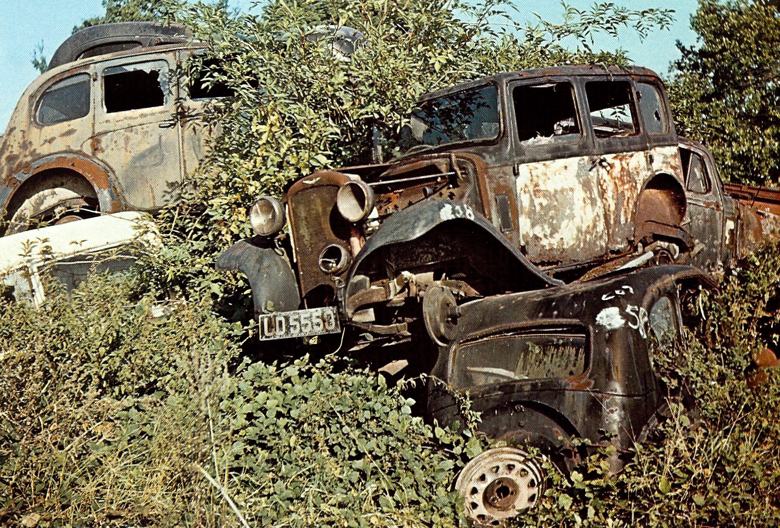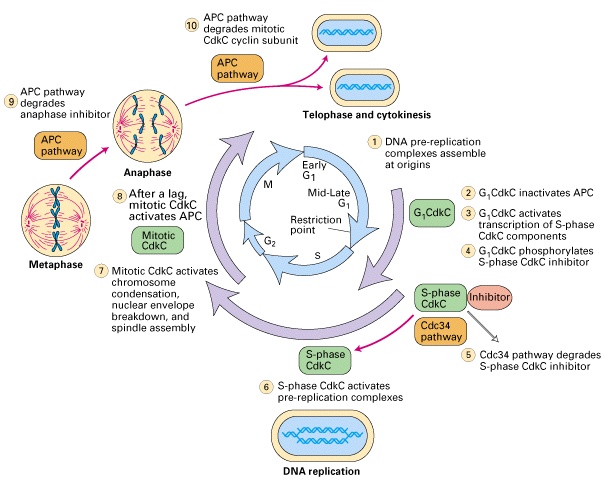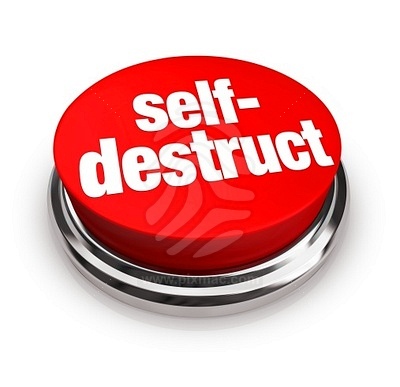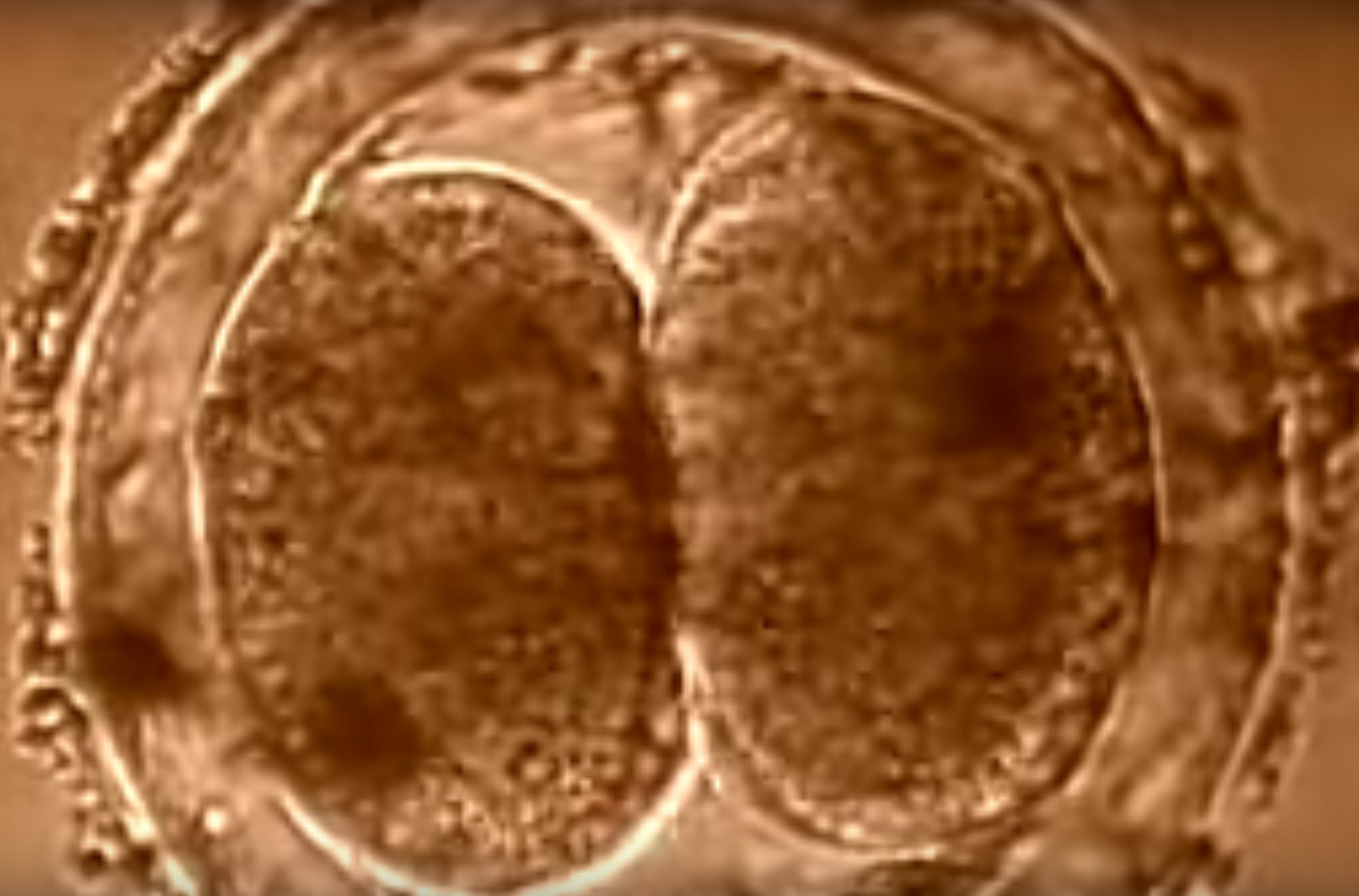There is no such thing as "A Cure" for Cancer
Cancer Sucks
There's an inescapably emotional part of any discussion surrounding cancer, so I want to start by assuring you: Cancer Sucks. It's horrible, it's personal, it's draining in every sense of the word, and there is no definitive solution. There are lots of support groups out there for friends, family members and patients dealing with this diverse disease.
Cancer is 'Popular'
In the modern US, more than 1 million people are diagnosed with cancer every year. Cancer strikes every age, gender, and ethnicity regardless of diet, exercise, and access to health care. Cancer attacks humans, other primates, dogs, cats, horses, rats, mice, etc, etc - it's so prevalent in the animal kingdom, it's easier to look for species that have lower rates (e.g. elephants, sharks).

Cancer Research is Relatively Well Funded
It seems as though cancer research should be a major scientific focus, and it is! The National Cancer Institute reports Federal spending of ~4.8 billion dollars per year. That's more than 10% of the overall scientific budget of the entire National Institute of Health (who funds ~50,000 projects per year). Of course, in 2013 the US military budget was $619 billion dollars and research is extraordinarily expensive (and relies on a caste system for highly skilled, free labor) - but that's a topic for another article.

Cancer is Not One Thing Therefore There is Not 'A Cure'
The biological phenomena of 'cancer' is diverse.
Life Reality: cells in any body, organ, or tissue age; they build up toxic nasties, they get injured, and they die (sometimes on purpose) - it's sort of like a car that gets too rusty and broken to repair; sometimes it's better to recycle the materials which can be salvaged and build a new car (the 'new car materials' come from the food we eat).

Cells need to divide in order to replenish organs and tissues to keep the organism (that's us) alive.
If cells divide too much they will encroach on the other organs and tissues, much like cats encroach on you when you're trying to write a scientific blog post..

Fortunately, cells go through multiple 'checkpoints' to try to avoid dividing too much and taking up more space than necessary.

Better still, a cell whose checkpoints are disabled or whose division becomes irregular often self-identifies and self-destructs.
That's right - many cells that would become cancerous kill themselves rather than compromising the organism. Good cells are selfless!

The immune system can also recognize cells whose program has gone haywire and mark those cells for destruction.
In these ways, staying as healthy as possible can help protect you from cancer. The healthier you & your immune system are, the better chance you have to ward off cancerous cells.
Don't forget, though, cancer encompasses complex diseases; genetics, environment, and luck also help prevent cancer.
If a cell has a mutation or change that makes it ignore key checkpoints and fail-safes, and it escapes immune detection, it can divide uncontrollably so long as it has the nutrients to grow. We see this in nature when Kudzu vines take over entire forests by monopolizing nutrients & envelopes other plants, much to the detriment of the overall environment.
Cancer Treatments
Luckily, even cancer is fallible - it has vulnerabilities and by exploiting these, science and medicine can partner to improve treatments.
Some treatments focus on removing the mass of cells or cutting off the nutrients by restricting blood flow.
Some treatments exploit the unbridled checkpoints - by causing damage to all cells, the healthy ones will 'pause' and repair themselves while the cancerous cells try to divide while damaged and perish.
The more information gathered from research, the more understood about different types of cancer and how the diseases progress.
With more understanding, there will be more avenues to develop new treatments.
Sometimes innovation is surprisingly simple, once you identify the problem.



